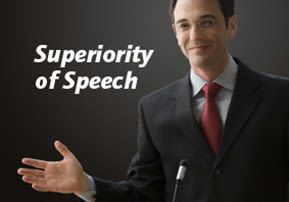
Superiority of Speech
What led Rebbe Nachman to say that while meditating we must actually pronounce the words with our lips and that speech is superior to all other methods of meditation?

Before I starting speaking to Hashem for an hour-a-day, as Rebbe Nachman of Breslev suggests, I used to sit quietly and meditate without speaking. It distracted me to speak during meditation. Rather than bringing me closer to a genuine spiritual experience, speaking seemed to take me further from my goal. For me, speaking and meditating seemed to be two contradictory activities. My mind associated speech with my ordinary waking state of consciousness. Clearly in order to get that 'big hit' of G-d I yearned for, I didn't dare speak.
Sometimes I closed my eyes and imagined myself in a timeless space less void; on another occasion I might contemplate the wonders of G-d's creation. On still another occasion, I might focus on G-d's power and infinite greatness.
I continued in this way, and would occasionally 'hit the jack pot' and experience ecstatic indescribably beautiful images and feelings.  Unfortunately, those spiritual peak-experiences although genuine and meaningful, were not translating into enough personal growth or positive change in my life.
Unfortunately, those spiritual peak-experiences although genuine and meaningful, were not translating into enough personal growth or positive change in my life.
In retrospect, I'm not sure what I expecting to get from meditation. No doubt I was chasing that spiritual 'high' that catapulted me, at least temporarily, from my gloomy reality. Probably also, I was meditating to deal with my stress – in either case, it didn't do me much good.
Despite my lack of success with meditation, I found justification for continuing it not just due to my personal preferences, but from the mystical writings of the Torah itself. I came across a book that said clearly that thought is on a higher spiritual plane than speech.
The question remains: what led Rebbe Nachman of Breslev to say that while meditating we must actually pronounce the words with our lips; and that speaking to G-d in words is superior to all other methods of meditation?
Perhaps the answer is that hisbodidus is not exactly meditation. In fact, Rebbe Nachman refers to hisbodidus as [personal] prayer; and prayer is a verbal process.
Still, one might ask, if thought is higher than speech why not think our way through the prayers and avoid speech altogether?
I asked this question to someone who is well versed in the mystical aspects of the Torah. He told me that although it is true that thought corresponds to a higher spiritual world than speech does, most of us need to bring spirituality down to a lower but more practical level that we can work with in our everyday lives.
Whatever hisbodidus is or is not, it has been infinitely more helpful to me than what I was doing before. Since I have surrendered my implicit demand for a spiritual peak experience, I have made steady progress in all areas of my life by doing the hisbodidus of Rebbe Nachman of Breslev.
Here is a small sample of what Rebbe Nachman says about speech in Advice by Rebbe Nachman (translated by Avraham Greenbaum):
* Speech is the vessel with which we receive the flow of blessings. According to the words, so is the blessing. This is the reason why when we pray, we must actually pronounce the words with our lips (Likutey Moharan 34:3)
* Words of holiness – Torah and prayer – are a very high concept. Holy words are theShechinah, the Divine Indwelling, because the kingship of G-d and the truth of His existence is revealed through them. Holy speech is the "breath of Mashiach." (78)
* Words of Torah and prayer have the power to raise up the fallen [holy] sparks and restore and renew all the fallen worlds. The one who speaks them is accounted as if he had created Heaven and Earth and all the worlds afresh. (75)
* Longing and yearning by themselves create only the possibility of spiritual strength. But the words of your prayers and conversations with G-d draw this spiritual strength into the realm of the actual.The letters of Torah are present throughout the Creation. By expressing your yearning and desire (for Hashem) in words, you invest these letters with strength for good. You give new life and strength to everything, drawing goodness and blessing into all the worlds. (31:8,9)
* When a person speaks to G-d and uses every kind of argument and appeal to "conquer" G-d, then G-d Himself has great joy and pleasure. He Himself sends words to this person's mouth so that he will be able to "conquer" Him. (124)
* It is impossible to convey the true greatness of this method. It is superior to all others. It is the way of serving G-d, and through following it everyone can attain the ultimate good in this world and in the World to Come. There is nothing that cannot be accomplished by prayer and entreaty. (25)
* Even if you find you are unable to express yourself before G-d, even if you can say no more than a single word, this is still good. Even if you can say nothing except "Master of the Universe" it is also good…and very precious in G-d's eyes. (25,100)


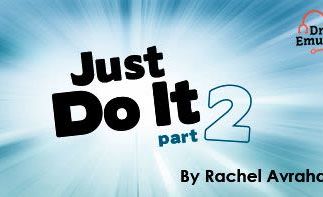
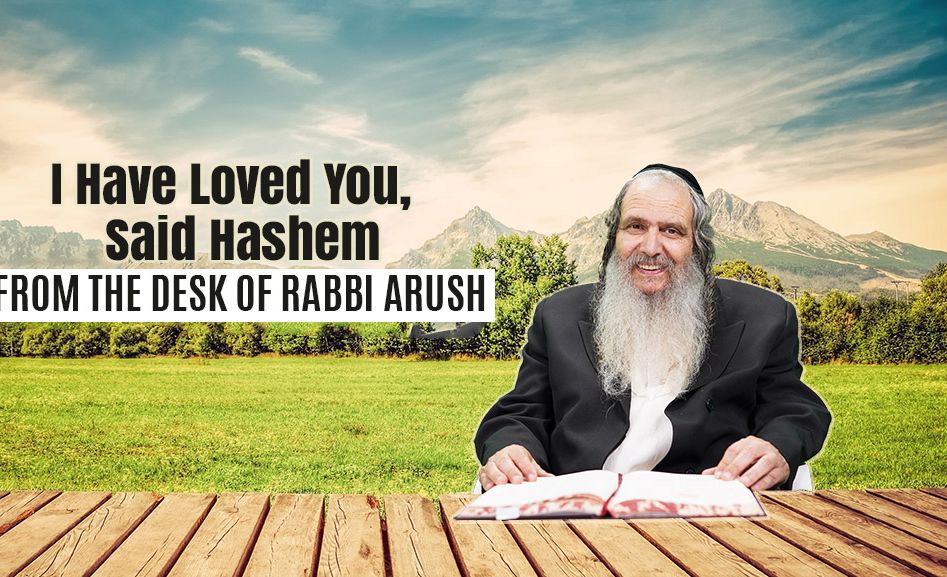
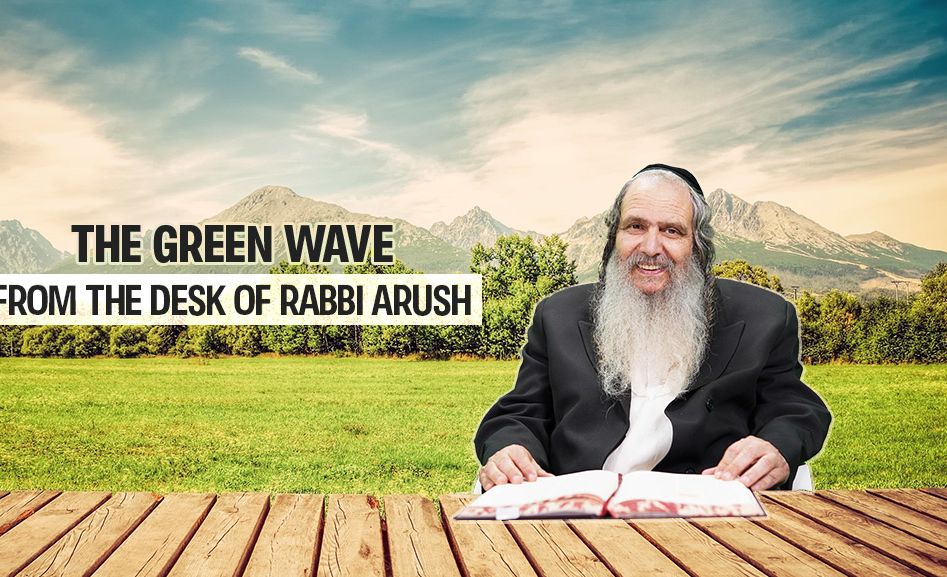
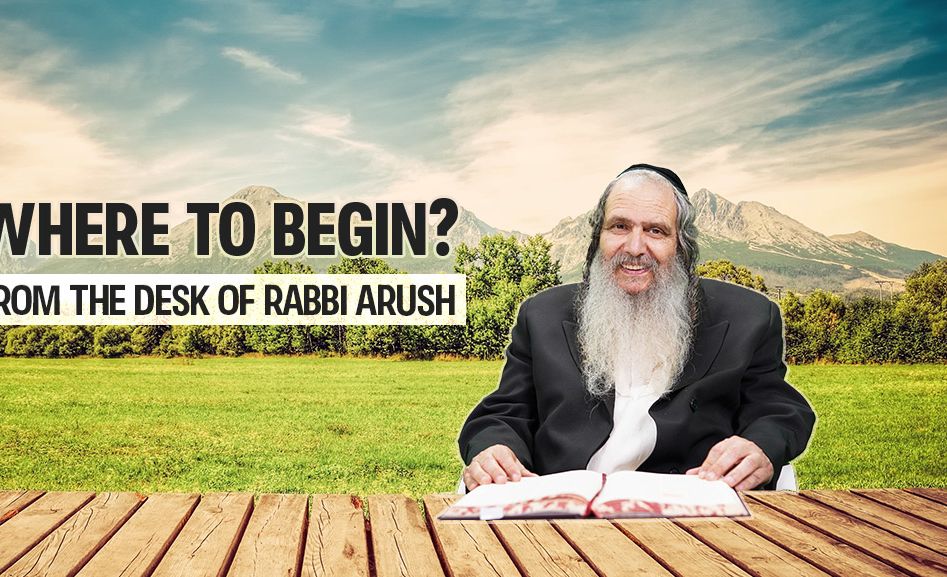






Tell us what you think!
Thank you for your comment!
It will be published after approval by the Editor.